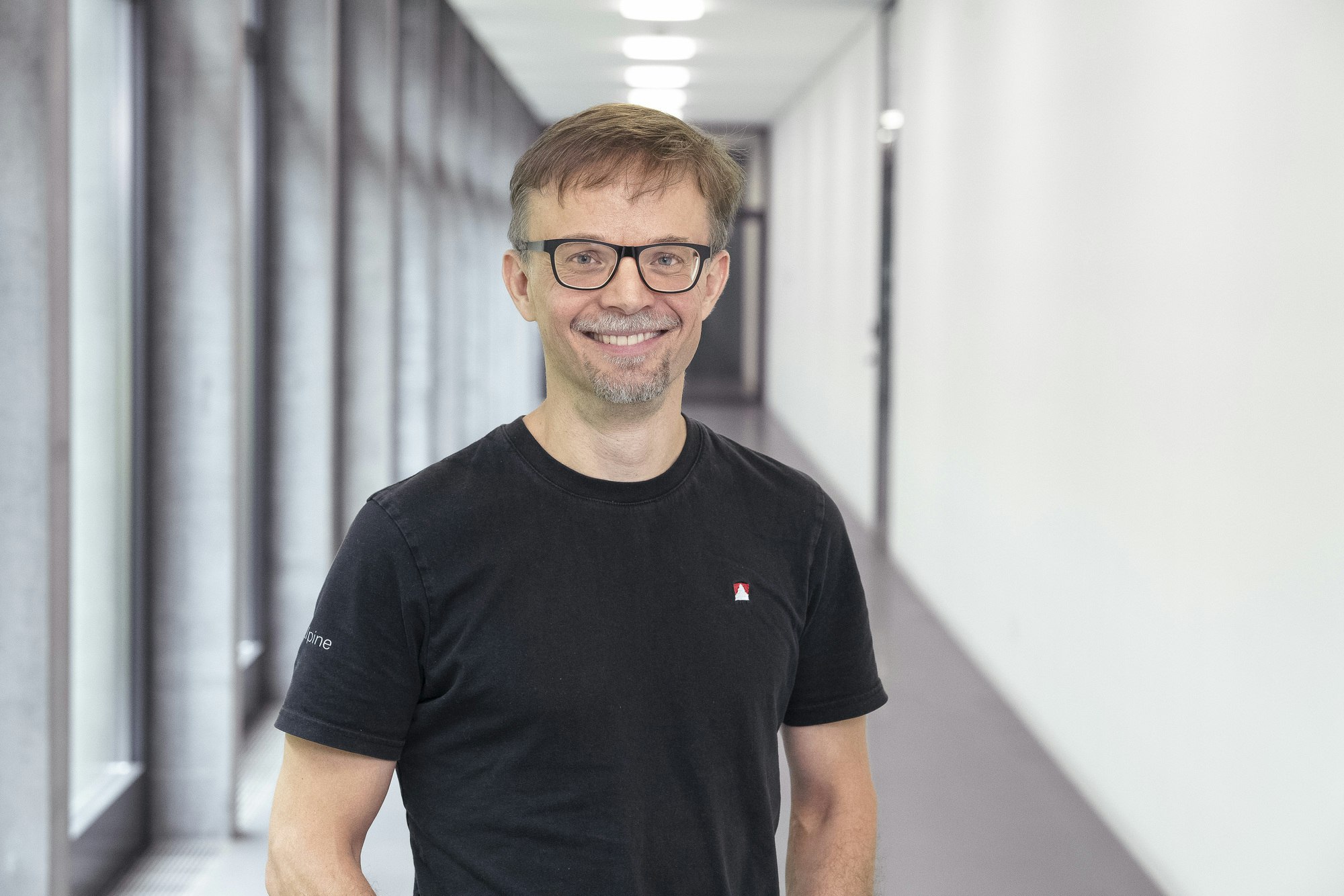It’s been a tough year for deeptech, featuring the fall of some of Europe’s biggest names in the sector — from Swedish gigafactory Northvolt to France’s insect farming scaleup Ÿnsect and German flying taxi company Lilium.
But it’s not all bad news. Despite the challenges deeptech startups face in Europe, like longer paths to monetisation and a lack of available capital at growth stage, investor interest in the sector is high. Atomico’s 2024 State of European Tech report states that $14bn has been invested in deeptech companies this year — less than in 2023 ($15bn) but 85% more than in 2020.
Atomico also notes that deeptech is becoming a primary focus for LPs, with 57% of LPs surveyed for the report saying that they are conducting due diligence on deeptech funds.
So, what’s in store for European deeptech startups next year? Sifted asked experts in the sector for their hot take.
Estelle Godard, vice president at Promus Ventures

Consolidation on the rise: The European deeptech sector will see a wave of consolidation in 2025 as funding remains tight and scaling challenges persist. M&A will rise, especially from US acquirers, with activity concentrated in AI, space tech, defence tech and semiconductors.
AI domination: AI is set to remain the engine driving growth across all deeptech domains, powering advancements in robotics, biotech, semiconductors and even space analytics — and valuations for AI startups will continue to outpace others, maintaining a 2-3x premium.
Targeted growth in hardware: While hardware investment will not grow broadly, there will be strong demand for specific technologies. In particular, semiconductors will benefit from Europe’s focus on technological sovereignty; industrial robotics will grow as AI enables smarter systems; and defence tech will remain a high-priority sector for both public and private funding.
Harald Nieder, general partner at Redalpine

Nuclear fusion to solve AI’s energy problem: It’s not all about GPUs: the focus in 2025 will shift to other critical bottlenecks in AI, including energy. The ultimate solution to this challenge is nuclear fusion — and next year will see a more aggressive push towards the technology. Funding will concentrate on a select few companies that offer the quickest path to grid-scale implementation, setting the stage for market leaders to emerge.
Real-world data for AI: In 2025, real-world data that is not readily available online will become the next frontier for AI development. Efforts will range from sourcing and mapping this data to consolidating it and using it to train advanced models, unlocking new applications in fields like robotics, biology and medicine.
In-space propulsion will take centre stage: The rapid advancements in the space industry will put more focus on in-space propulsion — technologies that maintain spacecraft into position and send them further into space. We will see significant advancements in propulsion technologies that overcome longevity, efficiency and manoeuvrability challenges.
Anne-Sophie Carrese, managing partner at Elaia

Improvements in data infrastructure: The challenge of accessing and retrieving data scattered across multiple locations in inconsistent formats has long been a bottleneck for digital applications. We expect to see more in this field, with even incremental improvements leading to transformative gains in data-intensive systems.
Breaking AI’s hardware bottlenecks: As AI and high-performance computing (HPC) push computing hardware to its limits, VC investments will focus on the technologies dismantling bottlenecks like processor scaling, data transmission, storage and energy. Breakthroughs in 3D chips, photonics, quantum, energy supply and in-memory computing, in particular, will unlock exponential growth.
Francesco Ricciuti, associate at Runa Capital

Progress in error correction: Error correction is essential to make useful calculations in quantum computing. At the end of 2024, Google unveiled a new quantum chip dubbed Willow — and showed for the first time that quantum correction works in practice. This followed earlier progress from other companies, and we anticipate the industry will build further on these advancements in 2025.
Photonics for data centre networking: Photonics, which uses light to send information instead of electrons in traditional computing, has been making good progress for years. It is now coming to the attention of VCs as a key technology to underpin communication networks in data centres, replacing conventional electricity-based methods.
More RISC-V products on the market: RISC-V, an open source architecture that can be used to build custom processors, is becoming a real threat to chip designer Arm’s dominance. US company Tenstorrent recently announced that it is licensing its RISC-V-based cores to South Korean automotive startup BOS Semiconductors; we expect an avalanche of similar announcements to follow in 2025.
Ekaterina Almasque, general partner at OpenOcean

LLMs will get a reality check: After a few cold showers and reality checks in 2024 regarding costs vs benefits of LLMs, enterprises are waking up to the fact that their priority should be on business-critical use cases. This will lead to a market pivot from ‘playground initiatives’ with LLMs, to starting to deploy AI systems at scale. Enterprises’ budgets will change accordingly, focusing on domain-specific AI systems that create long-term value for the business.
Europe’s year of AI: 2025 could be Europe’s year for AI, with European companies reaching multibillion status much faster than expected in spaces like video generation, DevOps and code generation, healthcare and protein design, manufacturing and more. IPOs will follow in the coming years as well.
Doubling down on quantum: The last year has been a wake-up call for investors who were still skeptical about quantum, with progress and innovation across the board. In 2025, I will be looking out for quantum startups that are laser-focused on making the technology workable for enterprises, developing the full quantum stack across hardware and software.
Francesco Perticarari, general partner at Silicon Roundabout Ventures

Hardware startups’ VC share will double: While only 20% of VC funding has gone to hardware since 2016, the share will double to 40% in 2025 — driven by the realisation that 60% of future tech revenues will come from hardware-enabled innovations.
Commercialising quantum computing: Quantum computing companies like Riverlane, Quandela, Nu-Quantum and Planqc have all reported multi-million revenue contracts over 2023-24. Collectively, European quantum computing companies will generate over €200m in revenue by 2025, and demonstrate quantum advantage in a practical application before their US competitors. It’s likely, however, that US and — to a lesser degree — Japanese investors will need to step in to back their growth.
European defence tech startups will secure €500m in contracts: NATO’s increased focus on emerging disruptive technologies (EDT), combined with growing defence spending from governments, suggests European defence tech startups will secure unprecedented contract values — including from the US.
Read the orginal article: https://sifted.eu/articles/deeptech-predictions-2025/


